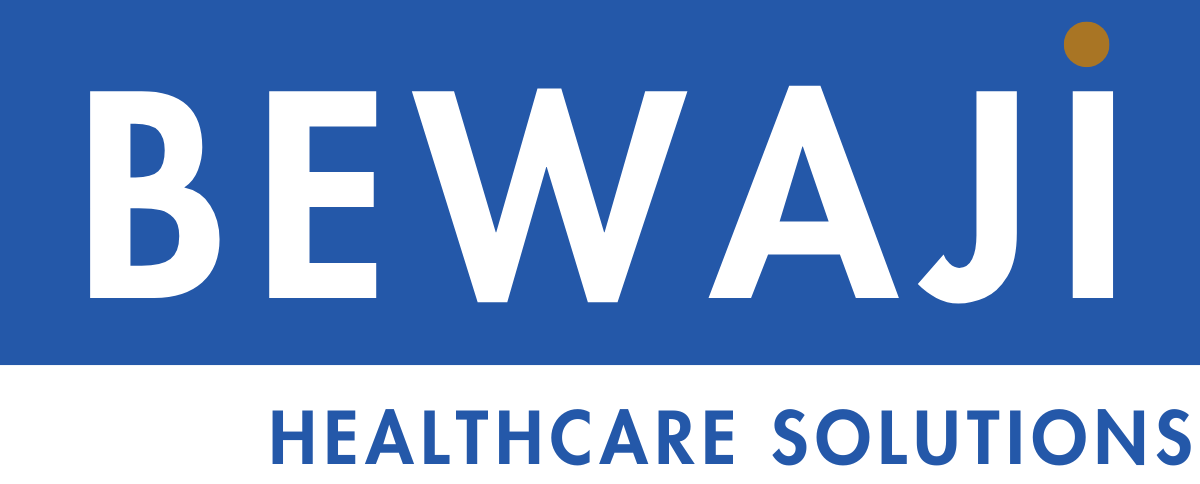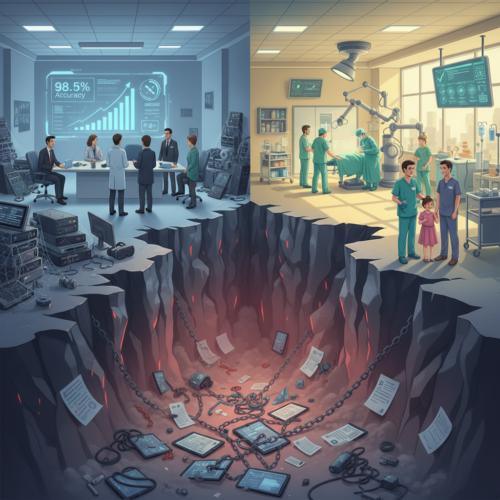Introduction
The integration of Artificial Intelligence (AI) into healthcare has been nothing short of revolutionary. From diagnostics to patient management, AI’s footprint is increasingly visible. A recent study from Mayo Clinic has shed light on an intriguing application: the use of ChatGPT, a large language model, as an educational and supportive tool in the field of plastic surgery. This article aims to summarize the study’s findings, with a particular focus on the example prompts that yielded successful outcomes.
Objectives and Methodology
The study aimed to evaluate the feasibility and effectiveness of employing ChatGPT in plastic surgery, specifically in the generation of operative notes. The initiative involved multiple plastic surgery procedures where ChatGPT was utilized to assist in documentation and education.
Key Findings
Improved Accuracy
One of the most significant findings was the notable improvement in the accuracy of operative notes. ChatGPT’s ability to understand medical terminology and procedural complexities contributed to more precise and comprehensive notes.
Time Efficiency
The study highlighted that ChatGPT significantly reduced the time spent on administrative tasks, allowing healthcare professionals to allocate more time to patient care and surgical procedures.
Educational Benefits
Interestingly, ChatGPT served as an educational tool for medical professionals. By generating detailed operative notes, it provided insights into best practices and helped enhance the understanding of different surgical techniques.
Example Prompts that Worked
While the study encompassed various aspects, the success of the implementation was partly due to the effective use of prompts. Here are some examples that proved to be fruitful:
For Procedure Summaries
- “Summarize the steps involved in the rhinoplasty procedure performed today.”
- “Provide an overview of the breast augmentation technique used in this case.”
These prompts helped in creating concise yet detailed summaries, aiding in quick reviews and future references.
For Post-Operative Care Instructions
- “Generate post-operative care guidelines for a patient who underwent a facelift.”
- “List down the essential steps for wound care after abdominoplasty.”
These prompts not only assisted in generating individualized care plans but also served as educational content for medical staff.
For Educational Purposes
- “Explain the differences between traditional liposuction and laser-assisted liposuction.”
- “Describe the safety precautions to be observed during a skin grafting procedure.”
These educational prompts were valuable in training sessions, helping medical professionals understand the intricacies of various procedures better.
Conclusion
The Mayo Clinic study on the utilization of ChatGPT in plastic surgery is a testament to the vast potential AI holds in enhancing healthcare practices. From improving the accuracy of operative notes to serving as an educational tool, ChatGPT is proving to be a valuable asset. The effective use of prompts, as demonstrated in the study, can further optimize the benefits of this technology, making it a promising addition to the medical field.
Here is the link to the study

